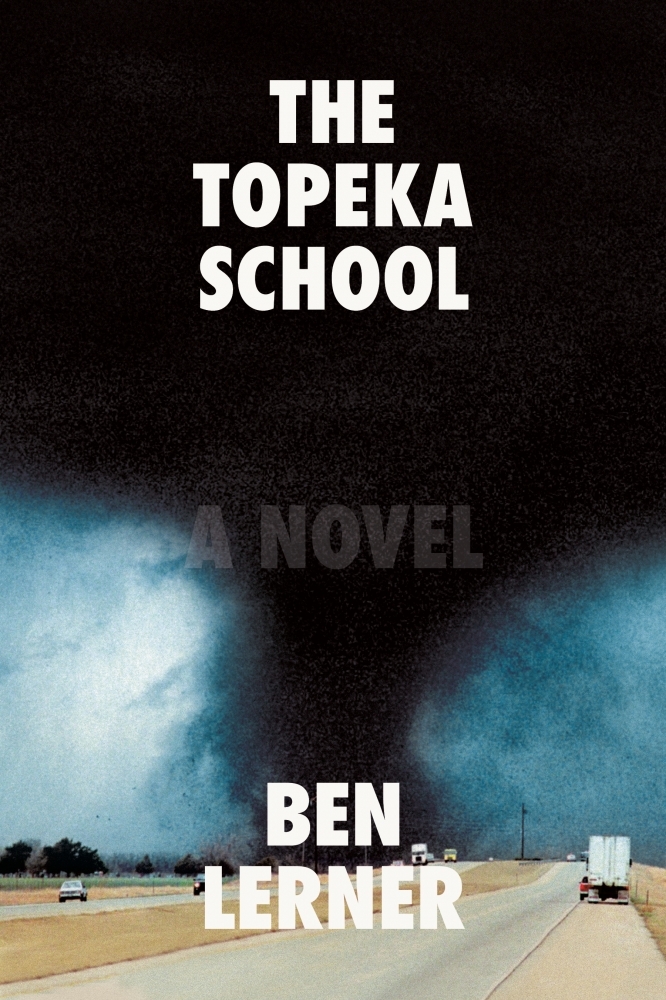A number of novels have come out in recent years with a promise of having something to say about the American interior, whether through stories of opioid addiction, combat veterans, the rise of populism, or all of the above. Some have been quite good, while others have fallen well short of the Great American Novel status they seemed to aim for. Perhaps part of what makes Lerner’s third novel work so well is the choice to set the book in the recent past, allowing him to apply his infectious brand of near-autofiction to a territory remote from the art mecca settings of his previous work: 1990s Topeka, Kans., the town where he grew up.
In a story of high school competitive speech, ranging from forensics tournaments to drunken white-boy freestyle battles, Lerner locates the tension that can make young men turn on each other, setting the stage for some to soar and others to be stomped into the cracks. High school senior Adam Gordon is a winner. He drives around blaring Tupac’s All Eyez on Me in his ’89 Camry, makes mince meat out of his competitors in debate competitions, including one attended by Bob Dole, and has plenty of friends to party with. Darren, on the other hand, is troubled and friendless. After a well-meaning act of social inclusion briefly makes Darren the life of a lake house party, 20 miles from town, Darren wakes up in frost-hardened grass, feeling betrayed and “left for dead.” The details of his response, which gradually emerge and reverberate throughout the novel, are disturbing and heartbreaking.
As the chapters alternate between high school senior Adam Gordon; his therapist parents, Jane and Jonathan; and Darren, Jonathan’s patient, Lerner displays a mastery at capturing a range of his characters’ consciousness, brilliantly triangulating their limited perspective with the wisdom gained from looking back. In third-person narration, Lerner describes how Adam’s high school girlfriend, who’s just given him the slip during one of his stoner monologues while they were out on the lake together, saw similarities between Adam and her droning, self-important stepdad (“It would take Adam twenty years to grasp the analogy between her slipping from the chair and from the boat”). Lerner reads like a better-adjusted, more confident David Foster Wallace, similarly influenced by DeLillo and brimming with intelligence and empathy.
David Varno


 The Topeka School by Ben Lerner (Farrar, Straus and Giroux)
The Topeka School by Ben Lerner (Farrar, Straus and Giroux)